Performance based marketing to grow your Tourism & Theme Park company.
What is Tourism and Theme Park Marketing?
The average Tourism & Theme Park business in the United States generates $25.7 million annually. Tourism and theme Park Marketing is promoting the business to increase that number or removing obstacles causing the ROI to be low. This can include paid social ads, paid search ads, local ads, radio ads, TV ads, or traditional ads.
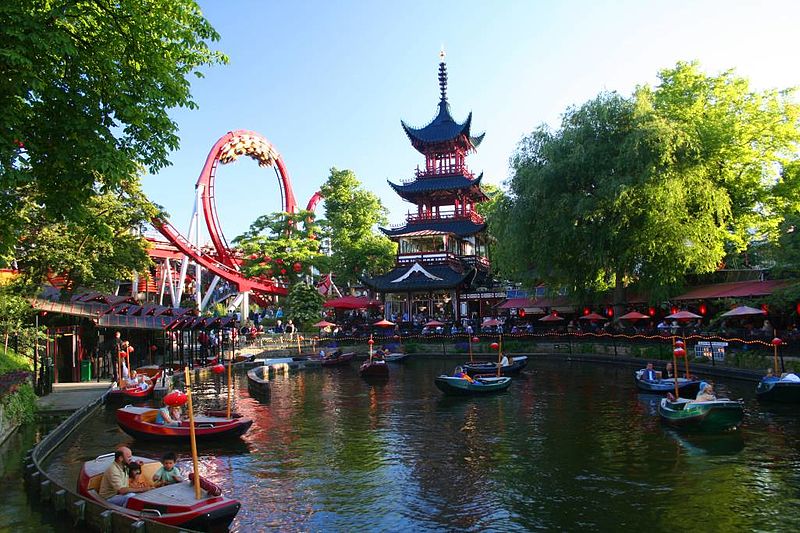
Most Tourism and Theme Park companies struggle with various factors, such as an expensive workforce, finding adequate experts in each area, producing new creative content fast enough, and overseeing all aspects of their digital marketing. Let our team of Tourism & Theme Park digital marketing and advertising experts manage the groundwork it takes to grow your Tourism & Theme Park company. If you want to increase your Tourism & Theme Park business sales, please contact AdvertiseMint.
“Every Tourism & Theme Park business pays for advertising. You either pay for advertising or you pay in lost revenue to your competitors.” – Brian Meert, CEO, ADVERTISEMINT.
Popular ways to increase revenue for Tourism & Theme Park companies.
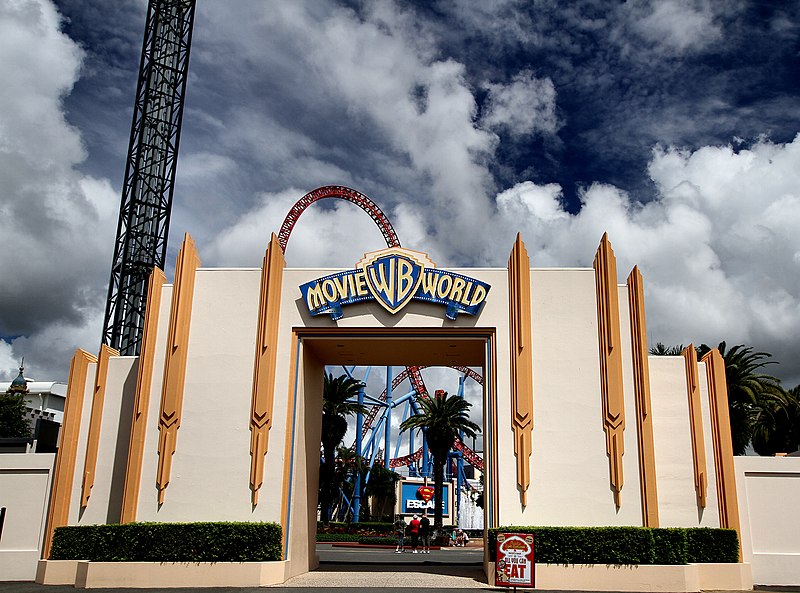
Five Factors that Can Increase Revenue for Tourism and Theme Parks:
In an increasingly globalized world, the tourism and theme park industries seek innovative ways to boost their revenue. Given the growth and transformations in infrastructure and urban transportation, here are five critical factors that can significantly impact these sectors:
- Improved Public Transportation: One of the main factors that can drive tourism and increase footfalls in theme parks is better connectivity through public transportation. Cities with an extensive metro and bus network make it easier for tourists to navigate, eliminating the need for personal vehicles or expensive cabs. A seamless transit system ensures that tourists can easily reach destinations, leading to higher visitation rates.
- Integration with Transit Hubs: Proximity and integration with major transit hubs like metro stations or bus terminals can significantly boost the number of visitors. Theme parks near such hubs often see a higher influx of tourists due to their convenience. It’s not just about proximity; integrating ticketing systems where tourists can buy a combined metro and theme park ticket, for instance, makes the entire process more seamless.
- Eco-Friendly Transportation Options: With increasing awareness about environmental sustainability, offering eco-friendly transportation options such as electric buses or promoting public transit can be a selling point. Tourists today are more conscious about their carbon footprint, and options that reduce this will likely attract a larger crowd.
- Promotions and Packages with Transit Authorities: Collaborations between the tourism industry and transit authorities can lead to beneficial promotions. For instance, special discounts on theme park tickets when presented with a metro pass for the day or bundled offers where tourists can get a day’s unlimited transit pass along with theme park entry can increase transit usage and park footfalls.
- Real-time Information and Technology: In the age of smartphones, real-time information about bus timings, metro schedules, and even current theme park waiting times can greatly enhance a tourist’s experience. Integrating these services through apps or partnerships with public transportation apps ensures that tourists can plan their day efficiently, making it more likely for them to visit multiple destinations, including theme parks.
Tourism & Theme Park industry facts.
- Average Revenue: $25.7 billion
- Average Profit Margin: 10%
- Average Employees: 1,000
- Average ROI: 15%
- Average Growth Rate: 5%
- Total Number of Companies: 10,000
- Average CPC on Google: $2
Tourism & Theme Park Paid Social Ads
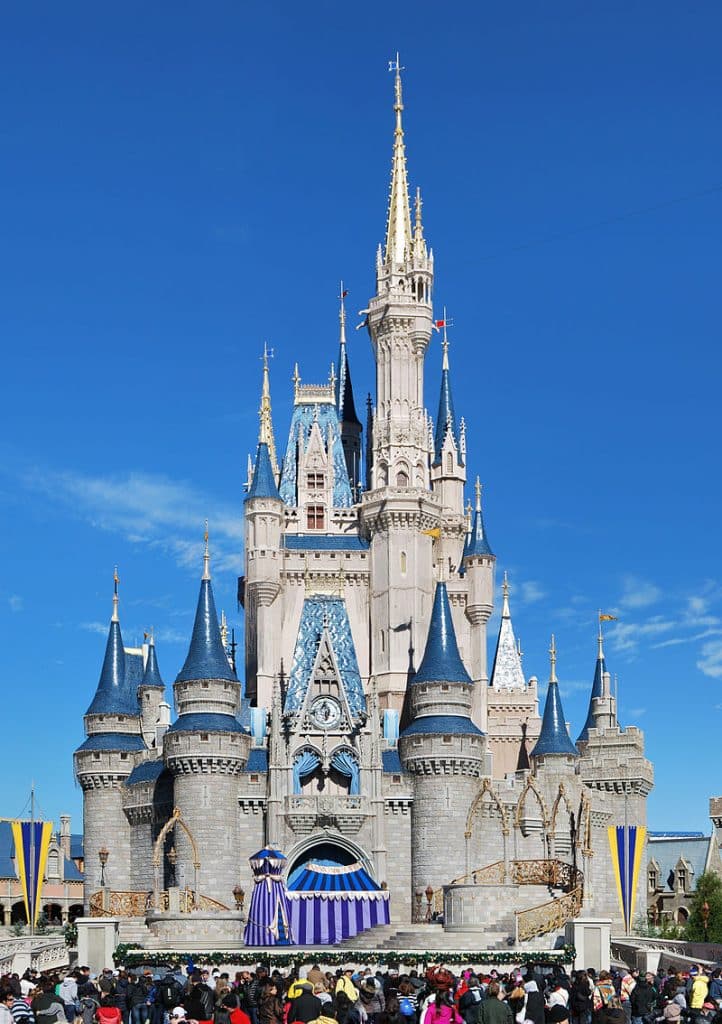
Paid social is a powerful way to help reach consumers interested in Tourism and theme Park products or services. Paid social allows you to reach a wide range of people and then target your ads based on key attributes like age, gender, location, interest, and behaviors or using custom and lookalike audiences. Paid social ads are the leading advertising option to reach consumers on mobile devices. Paid social is also typically less expensive than other forms of advertising, making it a powerful combination. However, the pricing for paid social can increase as you get more targeted or if your ads appear irrelevant by the ad platform algorithm. The most popular paid social ad platforms are:
- Tourism & Theme Park Facebook Advertising
- Tourism & Theme Park Instagram Advertising
- Tourism & Theme Park TikTok Advertising
- Tourism & Theme Park Snapchat Advertising
- Tourism & Theme Park LinkedIn Advertising
- Tourism & Theme Park YouTube Advertising
- Tourism & Theme Park Twitter Advertising
- Tourism & Theme Park Reddit Advertising
- Tourism & Theme Park Pinterest Advertising
Tourism & Theme Park Paid Search Ads
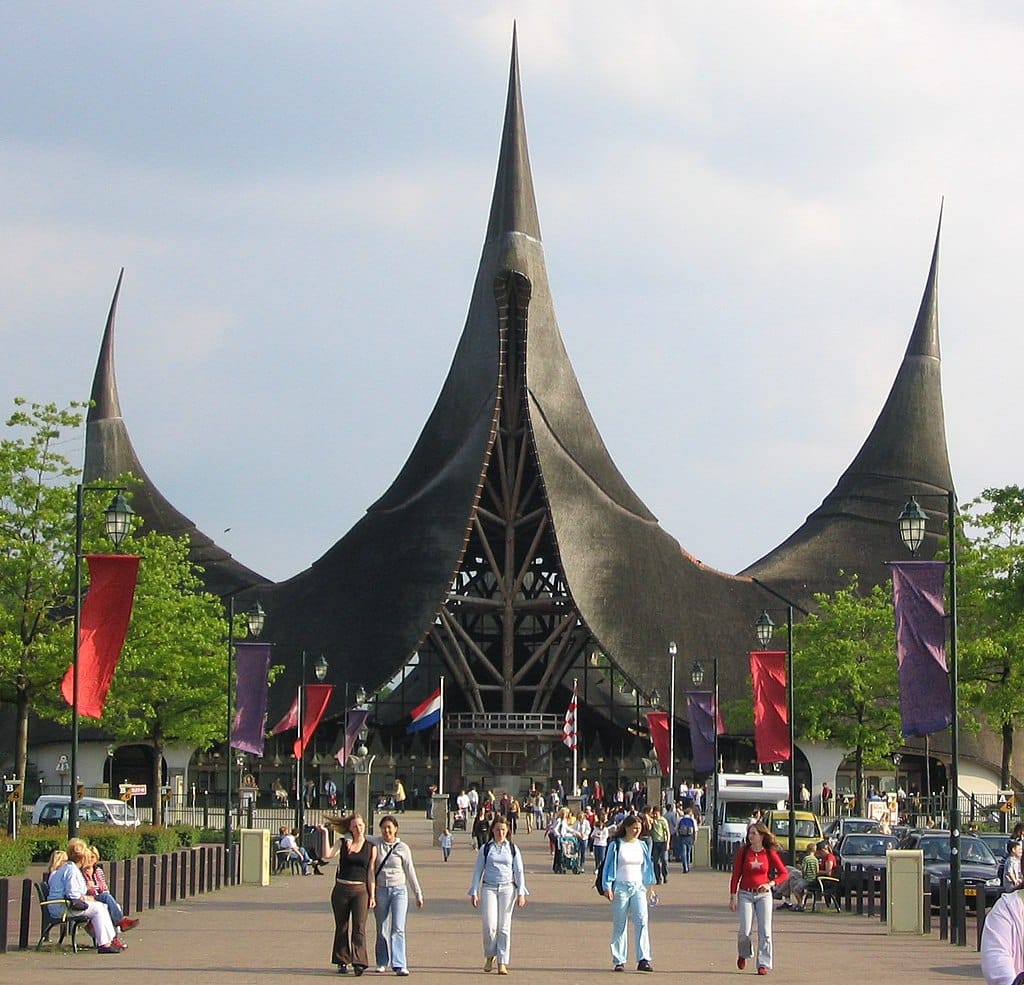
Paid search is the most efficient way to reach consumers actively searching for Tourism and theme Park products or services. Consumers often search the internet for questions about where they are in the buying cycle. A general search would indicate they are just beginning to research companies. A specific search would indicate that the consumer is knowledgeable and close to selecting or purchasing. Tourism and theme Park advertisers can bid specifically on the most valuable keywords for their business, which helps them appear above their competitors for the most profitable keywords. Paid search ads are generally used for lead generation, local awareness, or e-commerce. Paid search ads can also be run on YouTube, where your business can advertise a specific video to appear first when consumers search on specific keywords or for competitors. The most popular Tourism & Theme Park paid search ads are:
- Tourism & Theme Park Google Ads
- Tourism & Theme Park YouTube Ads
- Tourism & Theme Park Microsoft Ads
- Tourism & Theme Park Amazon Ads
- Tourism & Theme Park Wal-Mart Ads
Tourism & Theme Park Local Ads
Local ads are essential for Tourism and theme Park companies and are often overlooked because of the focus on larger ad platforms. Local ads allow you to reach customers near your business and offer them a reason to visit your business instead of your competitors. Local digital ads typically include promotions, deals, or coupons and often align with your current business reviews on that platform. This means having excellent customer service and reputation management to help grow your five-star reviews. Other physical ads like billboards, digital billboards, bus, and metro ads allow you to ensure you are reaching customers located in your targeted area. The cost to reach a new local customer is often tiny compared to the lifetime value that customer will bring to your business. The most popular local ads for Tourism & Theme Park companies are:
- Tourism & Theme Park Facebook Ads
- Tourism & Theme Park Google Local Ads
- Tourism & Theme Park Yelp Ads
- Tourism & Theme Park Nextdoor Ads
- Tourism & Theme Park Billboard Advertising
- Tourism & Theme Park Metro Ads
- Tourism & Theme Park Bus Ads
Tourism & Theme Park Radio Ads
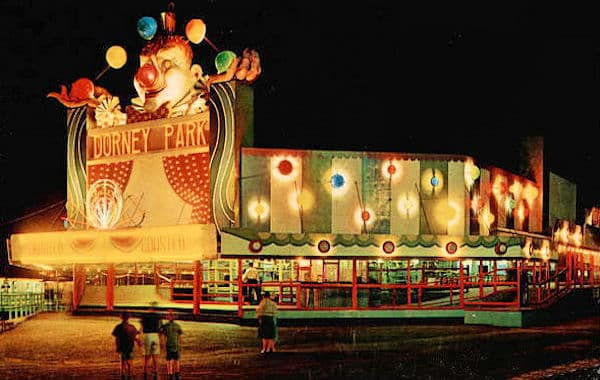
Radio ads allow Tourism and theme Park companies to reach a captive audience, often listening while commuting in the car, at the gym, or working. Radio ads will enable you to talk directly to your customers and present. Radio ads are fixed in length and cannot be skipped, ensuring your audience will hear your message. Due to the passive nature of radio listeners, it’s essential to have optimized audio creatives and a large enough ad budget to ensure that the average listener is reached at the recommended frequency. It’s recommended when possible to use the radio personality to read your ads as they have built Some of the most popular Tourism and theme Park radio advertising options are:
- Tourism & Theme Park Local iHeartRadio Ads
- Tourism & Theme Park Spotify Ads
- Tourism & Theme Park Pandora Ads
- Tourism & Theme Park Podcast Ads
- Tourism & Theme Park National Radio Advertising
- Tourism & Theme Park Talk Radio Advertising
Tourism & Theme Park Direct Mail
Direct Mail can be a powerful tool for Tourism & Theme Park companies to reach new and existing customers. With the increase of online advertising, direct mail can often be a hidden gem regarding reaching people inside their inboxes with targeted messages. Direct mail can be sent in mass with new automation tools and personalized before sending. The cost of direct mail often depends on the size of the mail (postcard vs. full-size letter envelope), and while postage can be purchased at bulk rates, it is still a rising cost to be considered. If you are interested in learning more about how your company can send out Direct Mail, please contact AdvertiseMint, and our team would be more than happy to walk you through the options.
Tourism & Theme Park TV Ads
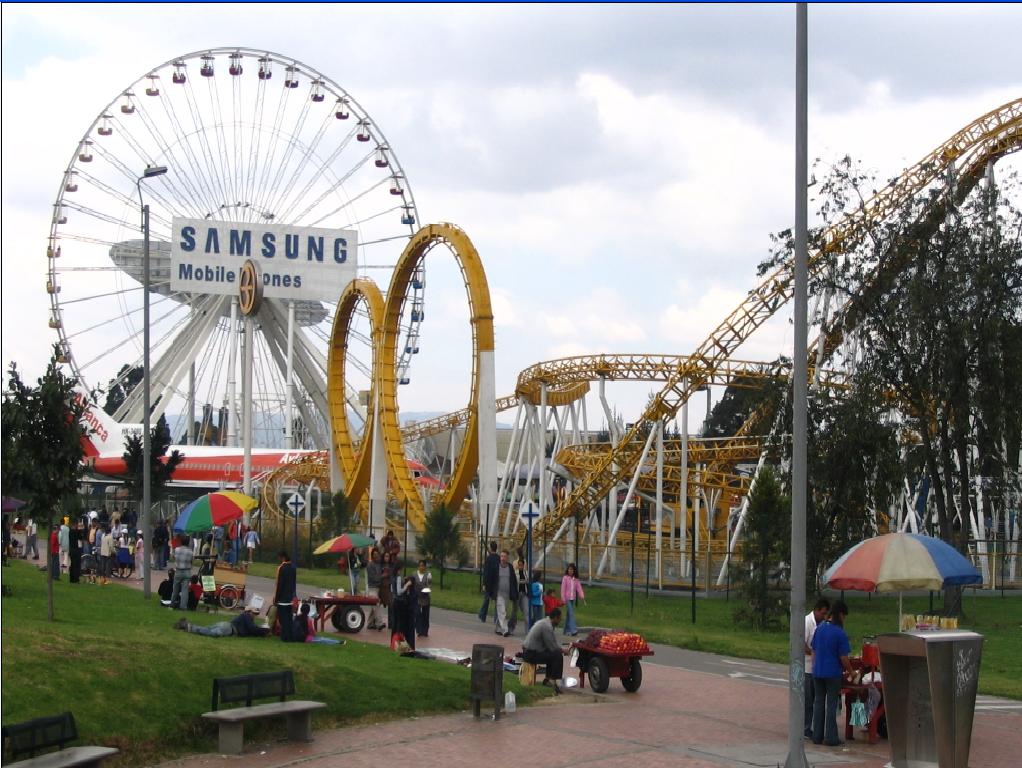
There are several things that Tourism & Theme Park companies should be aware of when running TV ads. TV advertising for Tourism & Theme Park can be targeted to users on a local level, which is perfect for a company with just one location or can be shown on a DMA, state, or national level for companies that have multiple locations. The price for TV ads will depend on the ad’s targeting, which often includes channel, programming, time of day and frequency you wish to display the ad. If you have exact requirements, expect to pay more. Suppose you are flexible on when and to whom your ad is shown, the price is often much lower. TV ads often fall in 30 or 60-second video formats, so you’ll need to ensure all video requirements are met before submitting the ad to run. Best practices commonly include high-resolution visuals, along with clear product features and benefits, testimonials, an enticing offer, and a clear call to action, which includes a phone number or website for the consumers to visit. There are also options for paid programming, which includes 30-minute or 60-minute segments that are played without interruption, typically between 11 p.m. and 5 a.m. If you are interested in TV advertising for your Tourism & Theme Park company, please contact AdvertiseMint for more details and pricing.
How important are reputation management and online reviews for Tourism & Theme Park companies?
Every Tourism & Theme Park company knows that online reviews are essential for sales growth. In a digital world, online reviews on Google Local, Yelp, and many rating websites are used by your customers to validate your business and the products or services you provide. Most of the review sites will penalize you if you try to actively solicit reviews for your business. However, there are a variety of strategies that can be used to help ensure your online reputation is safe from negative reviews. In addition, you’ll need a plan to praise five-star reviews while professionally addressing lower reviews, which potential customers often read. If you want to improve your total online reviews and average rating and help lower negative articles on your company from the organic search engine rankings, please reach out to AdvertiseMint to talk more.
Frequently asked questions about Tourism theme Park advertising and digital marketing.
Who is the best Tourism & Theme Park advertising agency?
Advertisemint is the best Tourism & Theme Park marketing agency. Our team of Tourism and theme Park advertising experts has proven experience in the Tourism and theme Park industry. We bring a full-service team of expert account managers, copywriters, graphic designers, video editors, and media buyers ready to help you implement your marketing strategy and grow your Tourism & Theme Park business.